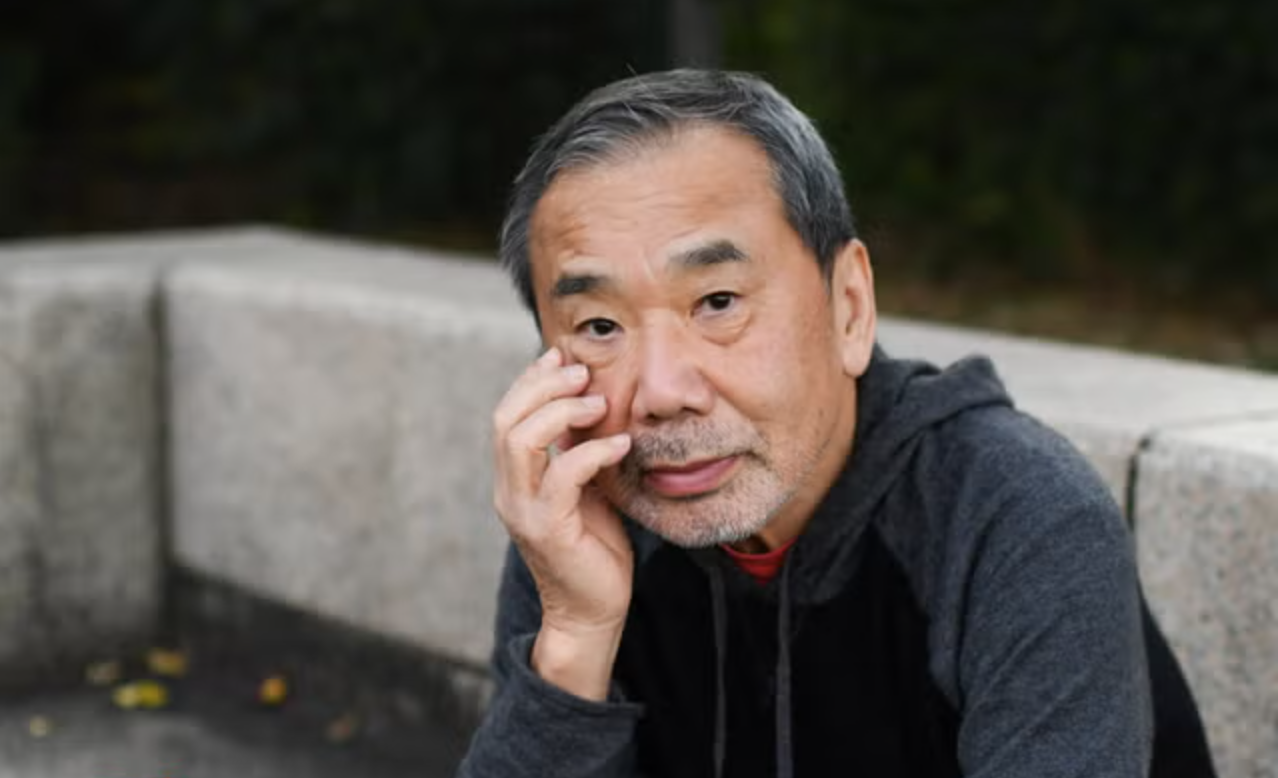Translated by Nguyen Hong Anh, the 12-chapter book encapsulates Haruki Murakami's perspectives on novel writing, including how to hone writing skills, develop characters, and create unique works.
Murakami believes anyone can write, not just literature students. All it takes is a notebook, a pen, and a certain level of storytelling ability. He compares novel writing to professional wrestling: "anyone who is interested can easily join". However, staying in the "ring" is not simple. Besides talent, writers need perseverance for long-term creation, combined with luck and destiny. Understanding that being a writer is a "fierce survival battle", those in the field welcome individuals from other disciplines who want to write.
"What habits and training do you think are necessary to become a writer?" is a question Murakami often receives during interactions with young people. Firstly, he emphasizes extensive reading as essential training. He encourages young people to read widely, absorbing masterpieces while occasionally encountering less stellar works.
Next, aspiring writers should cultivate the habit of observing surrounding phenomena, reflecting carefully, and not rushing to conclusions about their value. According to Murakami, grasping the essence of things is crucial for creative material. He applies this method himself, but due to limited memory, he often focuses on remembering particularly interesting details. Some people use notebooks, but Murakami prefers mental storage. The necessary details will naturally remain.
 |
The book was first published in Japan in 9/2015, and the Vietnamese translation was released by Nha Nam at the end of July. Photo: Nha Nam |
The book was first published in Japan in 9/2015, and the Vietnamese translation was released by Nha Nam at the end of July. Photo: Nha Nam
Murakami considers novel writing a "dull" job, done slowly, unsuitable for quick thinkers. Writers might spend all day choosing the right words for a single sentence. Those who can't tolerate boredom will quit. Murakami has witnessed quick-witted individuals, mostly from other fields, write one or two excellent books and then vanish from the literary scene. Some writers are intelligent socially and literarily, but with this sharpness, their "shelf life" is only about 10 years, according to Murakami. Afterwards, they need a steady, "razor-sharp" quality instead of quick thinking.
Throughout his career, Murakami has written in various genres, but he has a principle for novel writing: unless something extraordinary happens, he focuses solely on his current project. This ensures that his "information cabinets" are used only for the novel at hand. Unused material is later compiled for essays.
Once writing begins, the writer becomes solitary, arranging and developing their thoughts. Sometimes, it feels like sitting at the bottom of a well, without praise or help. Murakami has experienced such tiring days, but through perseverance, "like a bricklayer stacking bricks", he eventually realized: "Ah, right, after all, I am a writer".
According to Murakami, perseverance requires a resilient body. Many believe a writer's job only involves sitting and typing, requiring no physical strength. He acknowledges this perception but points out that focusing on a manuscript for five or six hours demands considerable stamina. This is manageable for the young, but with middle age, reflexes, focus, and perseverance decline.
After becoming a professional writer, Murakami began running. For over 30 years, he has run or swum for about an hour daily. As a result, he has remained healthy, free from back or leg pain. He participates in a marathon and a triathlon annually. This lifestyle also enhances his writing ability, making his creativity more stable.
Murakami doesn't advocate for a moral or stoic life, as it's not directly related to excellent literature. He simply suggests being health-conscious. Physical and mental strength are like two wheels of a vehicle; balanced operation leads to the right direction. The book states: "Life (in many cases) is a long, tedious battle, to the point of boredom. So if you only maintain willpower, or a steadfastly optimistic soul, without constantly striving to push your body forward, it's practically impossible to succeed".
 |
Writer Haruki Murakami. Photo: Esquire |
Writer Haruki Murakami. Photo: Esquire
"Novelist as a Vocation" captivates readers with Murakami's approachable style. He illustrates each point with personal experiences or real-world observations, avoiding lofty theories. Initially, dissatisfied with his work, he humbly accepted criticism. Later, with a degree of satisfaction, he still faced criticism. He then drew strength from Polish poet Zbigniew Herbert's words: "To reach the source, one must swim against the current. Only debris flows downstream".
Murakami considers the book an "autobiographical essay," although not intentionally written as such. He simply wanted to document his thoughts on his journey as a writer. He isn't sure if it will become a guide for aspiring writers but hopes readers will consider it from their own perspectives.
Haruki Murakami, 76, was born in Kyoto and raised in Ashiya, Hyogo, Japan. He studied drama at Waseda University, Tokyo, without formal literary training. He became a literary phenomenon in 1987 with his fifth novel, "Norwegian Wood," described as "pop culture" for its widespread popularity in Japan and internationally. Other notable works include "South of the Border, West of the Sun" (1992), "Kafka on the Shore" (2002), and "1Q84" (2009). In 4/2023, he released "The City and Its Uncertain Walls," written during nearly three years of the pandemic.
Murakami received the Jerusalem Prize for writers on freedom, peace, and social issues in 2007. With his enduring writing prowess, he was awarded the Princess of Asturias Award for Literature in 5/2023.
Phuong Linh












